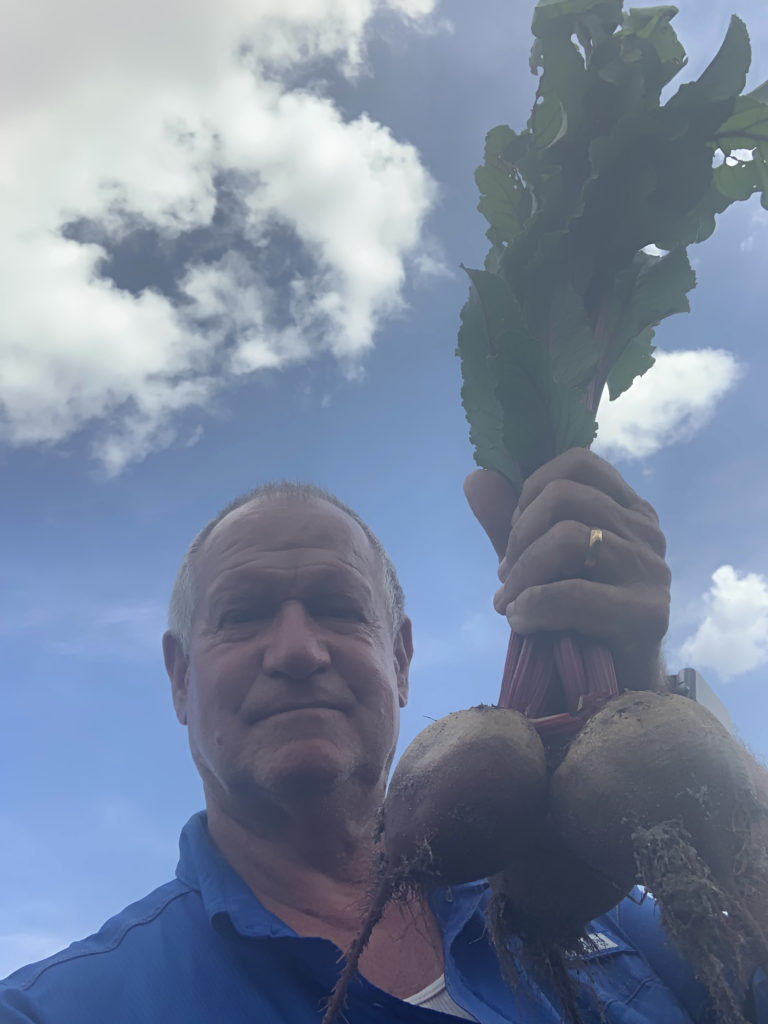By Clint Thompson
The secret to Chuck Obern’s agricultural success is adapting to the changing economical landscape. How he farmers now looks much different than when produced crops 10 years ago.

Obern, with C&B Farms, located south of Clewiston, Florida, has kept his head above water the past two decades though the rising tides of increased input costs, unfair trade and unforeseen environmental factors make it challenging.
One was the COVID pandemic in 2020. When restaurants shut down across the country, it costs farmers like Obern who regularly supply fresh produce. But he adjusted amid the crisis.
“Everything got shut down, all the stores, and everybody started freaking out. We packed product, took it to town and sat on the back of the truck. People would come by, and we’d give them boxes of produce. They didn’t have to open their window, just popped their trunk. We’d set it in the back of the trunk, no exchange,” Obern said. “We also developed a produce box that we would ship through FedEx or UPS. That went well during the pandemic.”
The pandemic provided Obern an idea that he hopes will become a lasting reality. It would help sustain production for farmers like himself.
“I still hold out hope that our box deal is the ideal way of getting products to people who live in the food deserts that don’t have access to fruits and vegetables. I’m holding out hope that the government would embrace an outfit like us to deliver directly from the farm to the consumer,” Obern said.
Obern has also adapted with the crops he produces. His farming operation focuses more on ‘wet’ vegetables, anything green-oriented; compared to ‘dry’ vegetables, like pepper and tomatoes.
“We made a change about 10 years ago and got away from the dry vegetables, which you go and compete mostly with Mexico, to wet vegetables, which Mexico does have plenty, but it’s a little more of a challenge for them to ship out to get into the Southeast,” Obern says.









